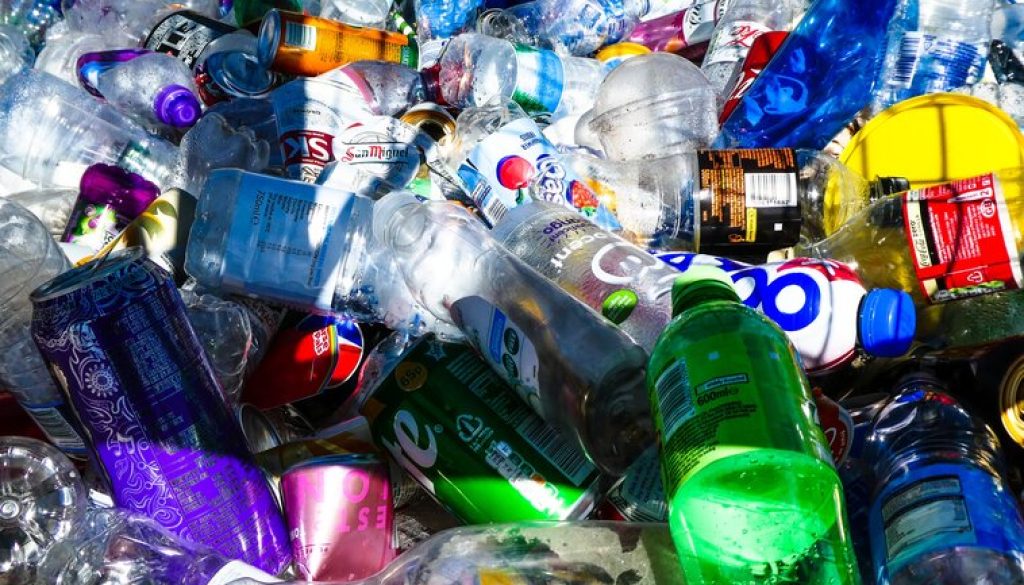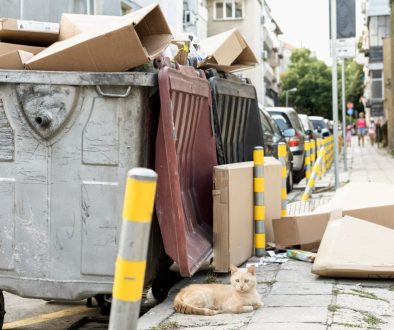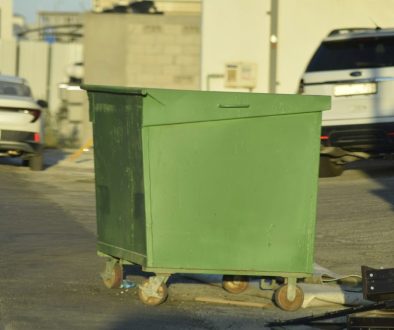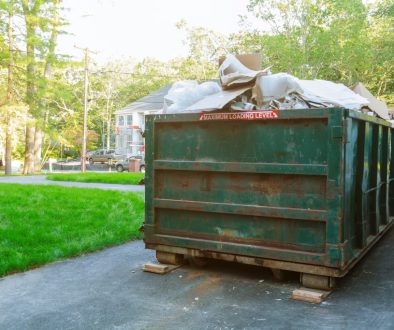With each passing day, it becomes more and more evident that we need to take steps towards taking better care of the environment. In fact, the United Nations’ report indicates that the world is on track to becoming unlivable unless steps are taken to combat climate change. Indeed, we need to start doing our part in order to preserve our surroundings. And while there is a slew of ways to do this, one of the best ways to positively impact the environment is recycling. Do you actually know how recycling and rubbish collections work in the UK?
It’s understandable if you know close to nothing about recycling and rubbish collection as it may not be something that you’ve managed to familiarise yourself with. To help you out, we thought it would be useful to put together an article discussing this subject. We’ll be discussing how recycling works and the current state of recycling in the UK. If this is something that you’re interested in learning more about, read on as we break down everything you need to know about recycling in the UK.
What Happens to the Recycled Materials?
Once you’ve dumped your recyclables into the appropriate tubs, what happens to them? Well, that fully depends on the type of material that is being disposed of. Generally speaking, most of these materials will be recycled in the UK. For example, 79 per cent of paper and cardboard were recycled in 2017, and so were 71.3 per cent of metal and 67.6 per cent of glass. However, despite these encouraging numbers, the UK still exported 9.5 million tonnes of metal and 4.5 million tonnes of plastic abroad for recycling in 2018 alone.
The situation is a bit different with plastic. At least 700,000 tons of recycled plastic packaging were exported from the UK in 2018, much of it ending up in Malaysia, Turkey, and Poland. The issue of exporting recyclable waste abroad is highly controversial, with the industry having links to organised crime and illegal burning.
As the United Kingdom attempts to reduce its plastic waste levels, it has introduced various measures to encourage people to stop using single-use plastic products in their everyday lives. The ban on plastic bags in supermarkets caused a 90% decrease in supermarket plastic bag use and a similar drop in plastic straw and cup use, which will be banned completely by 2020. The government has also launched campaigns aimed at reducing plastic use in households, such as the 10 simple steps to sustainable living in the UK.
What Is the Current State of the Recycling System?
In 2018, 45% of household waste in the United Kingdom was recycled, but this percentage still fell from the previous year. Wales leads the nation with a 54.1% rate of household waste recycling, but the UK still lags behind household waste recycling leaders like Germany, South Korea, and Austria, where 60%-70% of household waste is recycled. The UK’s target is to recycle 50% of household waste by 2020.
Although recycling has been improving in the last few years, England has not met the target to recycle 50% of household waste by 2020. Recycling rates were 44% in 2020, down from 45% the previous year. This decrease was due to the impact of a pandemic called COVID-19. During the pandemic, households spent more time at home due to the lockdown, so overall household waste increased by 1.2% to 22.6 million tonnes over the previous year.
How to Recycle in the UK?
Generally, the majority of homeless in the UK will have their recycling collected by their local authority on the same day that they put out the rest of their trash. If you live in an apartment building, whether it is owned by a council or privately, you’ll have a recycling area in a common area on your floor or outside, where you can put your recycling once it has been collected.
Recycling is organised at a local level. This means that household collections and public recycling points are managed by the local authority, which also pays for the service. That means you can recycle different materials and dispose of other waste and this will be funded via the local council tax in the UK. This can vary substantially even between neighbouring areas. When you move into a new home, make sure you check out your local authority’s website for details about the recycling programs and how often the collections take place.
In the UK, you can recycle a variety of things by bringing them to a local recycling centre. An average local recycling centre will have facilities for recycling glass bottles and jars, as well as for clothing, books and CDs. As an alternative, visit your nearest Household Waste and Recycling Centre, which offers a mix of recycling and waste services to the public. Unlike some European countries, UK supermarkets don’t have recycling centres for plastic and glass bottles.
Conclusion
We hope this article proves to be useful when it comes to furthering your understanding of how recycling works in the UK. As you can see, there are a lot of moving parts when it comes to the country’s recycling system. By understanding this process, you will live more sustainably if you know how and what to recycle. Furthermore, you can ensure the smooth running of your home in the UK by understanding how your local recycling collection works. With this information, you’ll be able to effectively dispose of waste in order to do your part in preserving the environment. Be sure to keep everything you’ve learned here in mind so that you can make better decisions for the environment.
Do you need options so you can hire a skip in Chester for recycling? All waste collected by Enviro Skip Hire Ltd is first taken to one of our two fully licensed recycling facilities to be sorted into recyclables and non-recyclables. Take a look at our large selection of skip sizes and give us a call today!




